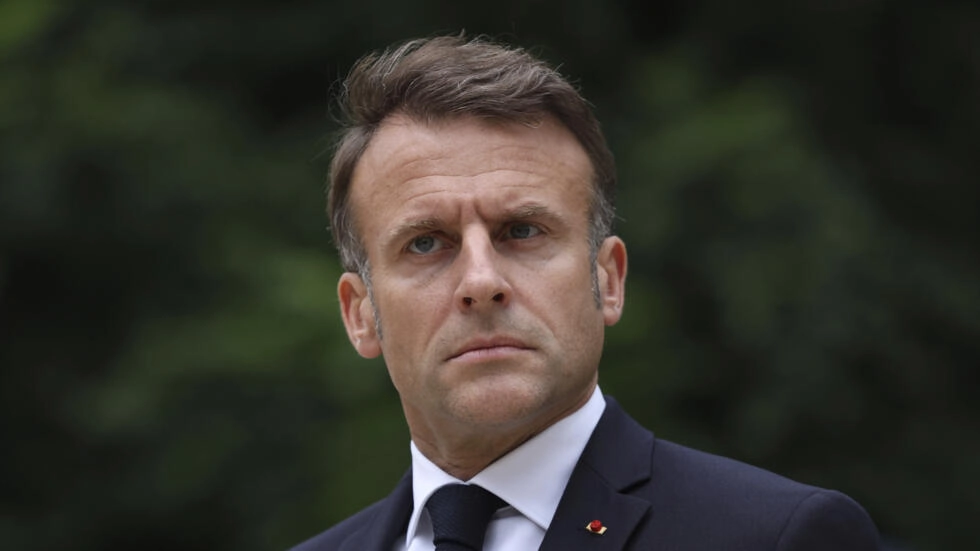French President Emmanuel Macron is set to convene a series of high-stakes consultations with party leaders on August 23, as announced by the Élysée Palace on Friday.
This move comes as Macron seeks to form a stable government following the recent snap elections, which resulted in a fragmented National Assembly with no clear majority.
The legislative elections, held earlier this year, left France’s lower house divided among several factions, complicating the process of appointing a new prime minister.
Macron had previously indicated that he would wait until after the Paris Olympics, which concluded on August 11, to initiate talks.
The successful conclusion of the Games, despite lifting the national mood, has not yet translated into political clarity.
The forthcoming meetings will involve leaders from the National Assembly and Senate in an effort to build a broad and stable majority capable of governing effectively.
Macron’s office stated that the purpose of these talks is to “build the broadest and most stable majority possible to serve the country.”
The statement underscored the need for a unified approach to address the French people’s desire for change and consensus.
One potential candidate for the prime ministerial role is Lucie Castets, a 37-year-old economist from the left-wing New Popular Front, which emerged as the largest faction following the elections.
The president’s team has confirmed that Macron is open to considering Castets if there is a collective agreement among party leaders.
“The president is obviously not opposed to this if it is a collective request,” a source from Macron’s team told AFP.
However, Macron has previously dismissed the idea of appointing a new prime minister from the left-wing alliance, preferring instead to forge a coalition with the traditional right and parts of the center-left.
Xavier Bertrand, a former minister and current head of the Hauts-de-France region, is frequently mentioned as a potential candidate for leading a center-focused coalition.
Macron’s administration has ruled out including hard-left France Unbowed or far-right Marine Le Pen’s party in any new coalition government.
Since the end of July, Macron’s allies, led by caretaker Prime Minister Gabriel Attal, have managed the government on a temporary basis.
The decision to dissolve parliament and call snap elections in June has left the 577-seat National Assembly divided among three similarly sized blocs, making it crucial for any new government to secure a majority and avoid the risk of an immediate vote of no confidence.
As the consultations approach, the political landscape in France remains precarious, with Macron’s efforts to form a cohesive government reflecting the broader challenges of leading a nation with a deeply divided parliament.



